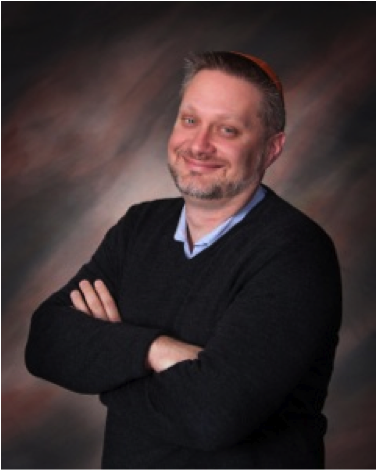This week’s parshah is the second of three in a row whose names are verbs: VaYetze (“He went out”), Vayishlach (“He sent”), VaYeshev (“He sat/dwelled”). And if you skip the next parshah, Miketz (“At the end”), you get a fourth verb-title, VaYigash (“He approached”).
In so many ways, our Jewish dedication to human rights and human dignity is about leaving and arriving, and knowing when to do which. Sometimes the right approach to a particular crisis is to go out and meet it head-on ourselves, while other times we do better to sit and strategize. Sometimes we are most successful when we, ourselves, approach an issue closely, and other times we find that sending another emissary is more effective.
As we enter this new territory of a president-elect and his administration who seem to challenge so many of our Jewish values of human dignity and human rights, I have been mulling over this oft-quoted poem that Pastor Martin Niemoller (z”l) wrote a generation ago in response to the Shoah/Holocaust/World War II:
It is a powerful, aching call to stand up against injustice.
And it always troubled me—the despondence and the desperation. Not because it isn’t real; it surely is. But because I ached for a call to stand up and speak up in the affirmative.
Why on earth was I waiting for someone else? In human rights advocacy, one person rising up, speaking out, taking action can make a tremendous difference.
Here is my reply:
Miketz arba shanim—at the end of four years of the Trump Administration—we will still be here.
Michael Adam Latz is the Senior Rabbi at Congregation Shir Tikvah in Minneapolis, MN and a member of the T’ruah board.

